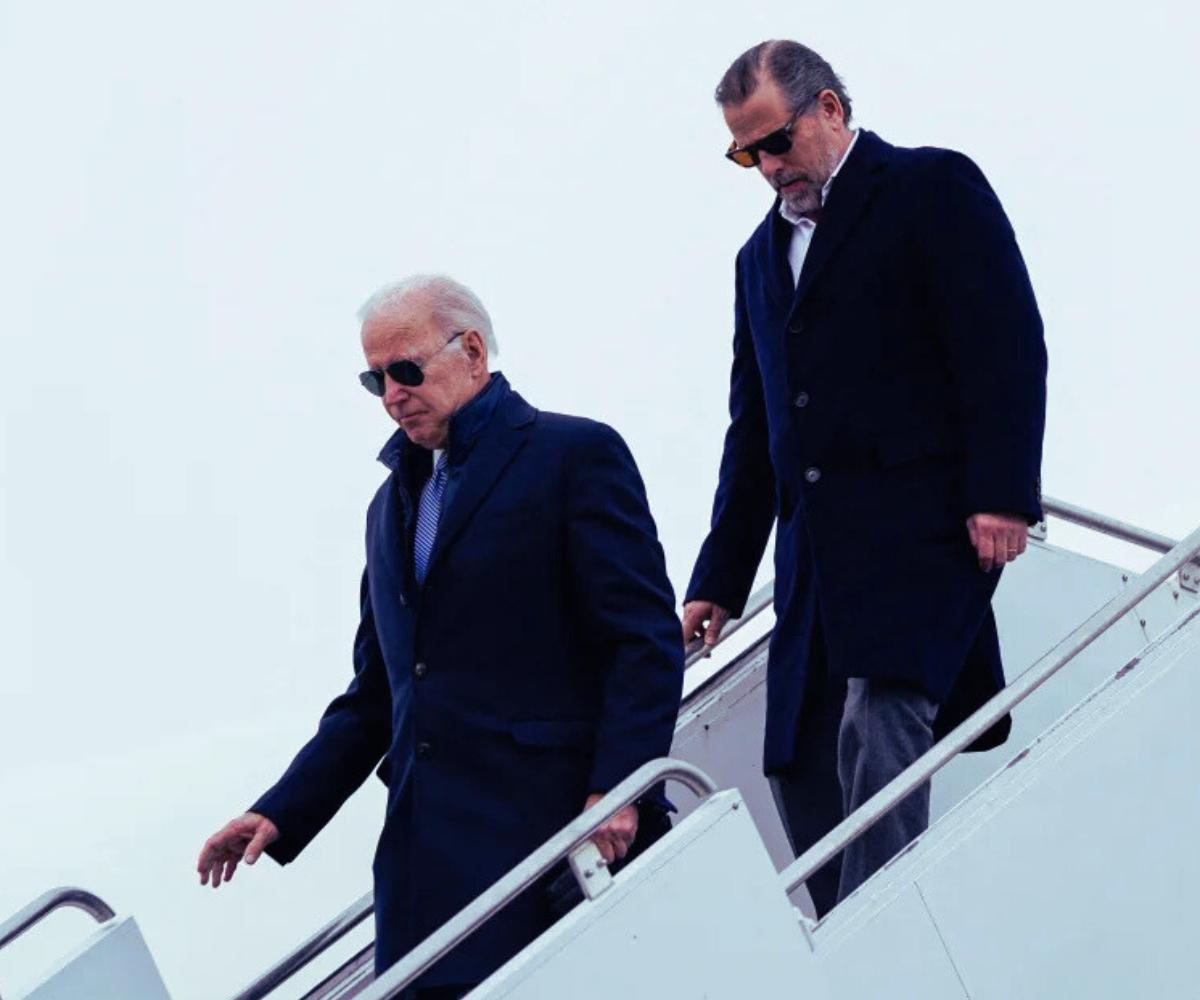
- agastya9
- 03 Dec 2024 05:13 AM
- HunterBiden, JoeBiden
Presidential Pardon: A Constitutional Authority
The U.S. Constitution grants presidents the power to issue pardons for federal crimes, excluding cases of impeachment. Over the years, presidents have used this authority to pardon political allies, friends, and donors. However, Biden's pardon of his son represents a significant departure from historical norms.
In a statement, President Biden claimed that his son’s legal troubles stemmed from political attacks against him. The investigations, which began in 2018 under the Trump administration, continued throughout Biden’s presidency. The president argued that Hunter Biden’s prosecution, particularly for providing false information on a firearm purchase form, was politically motivated.
Breaking a Public Promise
The pardon has drawn criticism as it contradicts Biden’s earlier promise not to interfere with the justice system in matters involving his son. This decision, critics argue, may tarnish Biden’s legacy by suggesting preferential treatment for family members.
Historical Context: Family Pardons
Only two other presidents have issued pardons for family members:
- Bill Clinton pardoned his half-brother, Roger Clinton, for drug charges.
- Donald Trump pardoned Charles Kushner, his son-in-law’s father, for crimes including tax evasion and witness tampering.
However, these instances were less controversial compared to other pardons issued by Clinton and Trump. For example, Clinton’s pardon of financier Marc Rich and Trump’s pardon of political allies such as Paul Manafort and Steve Bannon sparked significant backlash.
Implications for Justice and Politics
Biden’s pardon comes at a time of heightened political tension and follows the Democrats’ loss of the White House in November’s election. The pardon raises questions about the fairness of the justice system and its vulnerability to political influence. Biden stated that Hunter Biden’s case represented a "miscarriage of justice" influenced by political motivations.
Republicans have criticized the decision, arguing that it underscores a two-tiered system of justice. This critique echoes ongoing debates about fairness in federal prosecutions and justice system reforms proposed by former President Donald Trump.
Pardons and Presidential Legacy
Presidents often issue controversial pardons during the final weeks of their terms, leveraging the political space provided by a lame-duck period. Biden’s earlier use of pardon power, such as the mass pardon for marijuana-related convictions in 2022, was seen as a broader push for criminal justice reform. In contrast, the singular pardon for his son may be viewed as a personal and politically charged decision.
As the debate over the justice system continues, Biden’s decision sets a new precedent for the use of presidential pardon power, sparking discussions about its role in addressing political and personal challenges.







































